Surveillance cameras are becoming more and more part of everyday cityscapes. Not only do they help protect your home, but they also provide a feeling of security.
However, the use of a surveillance camera and the associated video surveillance is not always permitted. Therefore, some aspects should be taken into account not only before installation, but also during operation.
We have listed what you need to consider below:
1. Monitored area
Not all areas may be monitored. For example, white public areas may not be covered by video surveillance. These include, among other things, public streets and sidewalks.
It is particularly important to align the surveillance camera so that only your own property is recorded.
The Weber Protect Apollo 2 surveillance camera has a ball joint that simplifies flexible alignment. This enables legally compliant video surveillance.
The Weber Protect Video Doorbells come with a mounting bracket so that they can be oriented sideways if necessary to avoid recording public areas.
2. Labeling requirement
An area under video surveillance must always be marked as such. It must be clear to all visitors and people before entering the property that video surveillance is taking place.
In order to meet this requirement, an appropriate sign must be attached. This must be attached at the entrance to the property (e.g. at the garden gate).
If you need one, we will be happy to send you a surveillance sticker free of charge. Of course, these are already included in the scope of delivery of our products.
3. Automatic recording
Videos are allowed to be recorded automatically. However, there are several things to consider. Recorded videos should be deleted regularly. Recorded videos should be deleted after 72 hours (3 days) at the latest.
For all Weber Protect products with an automatic recording function, all data on the SD card can be deleted. If individual videos are to be used as evidence, they can continue to be saved and do not have to be deleted after 72 hours at the latest. You can use the app to send individual videos by email and save them elsewhere.
4. Legal basis
The most important law for controlling video surveillance is the right to informational self-determination (Art. 2 Para. 1 GG).
This law states that people cannot be filmed and recorded without consent. It is therefore absolutely necessary to mark the area under video surveillance in order to use a surveillance camera in accordance with the law.
In addition, local and regional laws that restrict video surveillance must also be observed.
5. How do I operate a surveillance camera legally?
In order to use a surveillance camera in accordance with the law, the points mentioned above must be observed. Alignment as well as labeling and video recording must be taken into account.
With video doorbells, the motion sensor can be switched off if correct alignment is not possible. This means that they can be used without a monitoring function and can be used without hesitation.
We would be happy to advise you on the topic of video surveillance and create an individual security concept with you.
To do this, contact our Weber Protect customer service
Mon - Fri: 9:00 a.m. - 5:00 p.m
Tel: 030 318765100


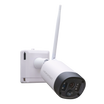
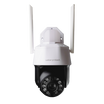
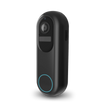
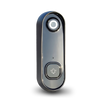
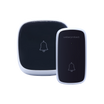
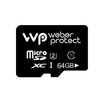
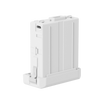

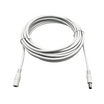
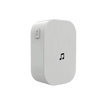
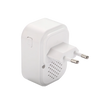
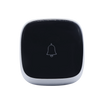
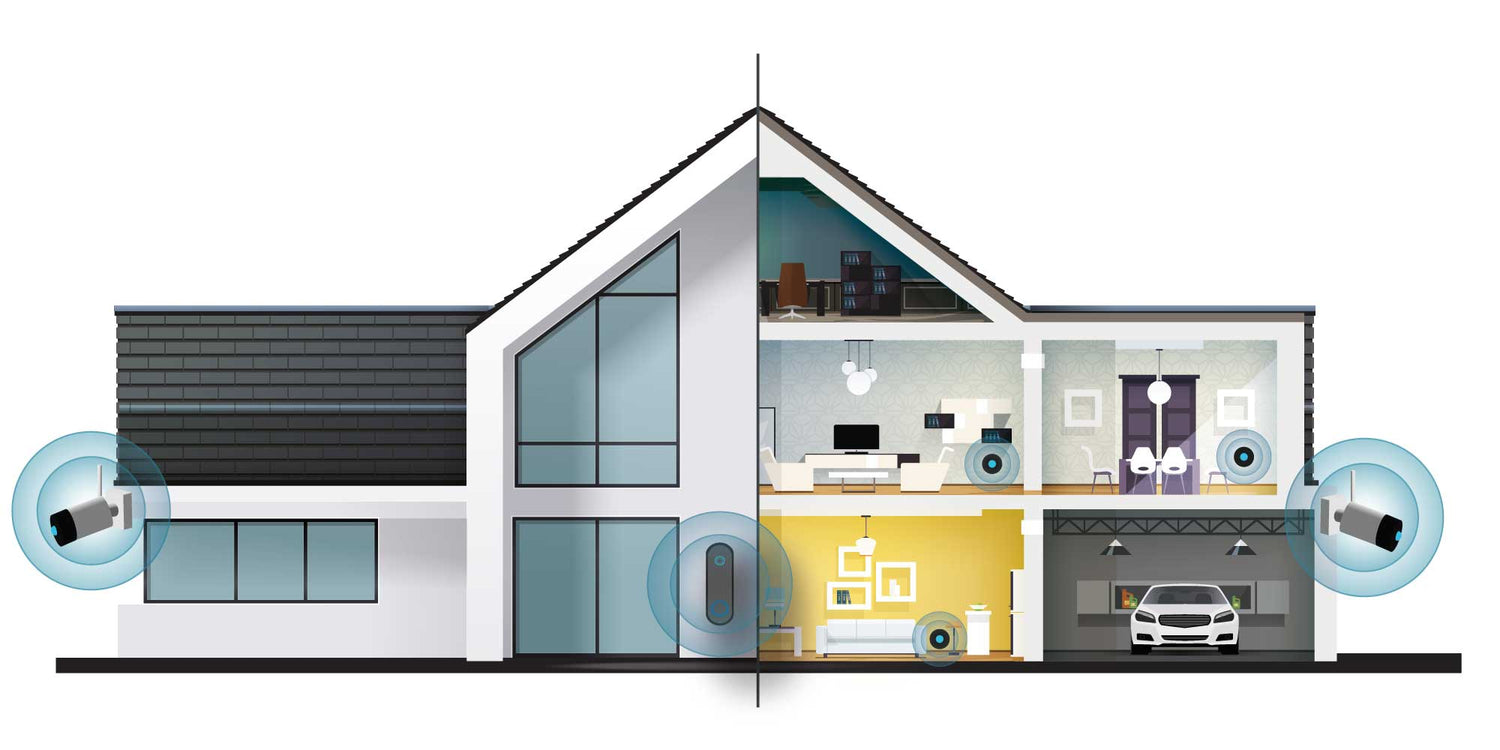
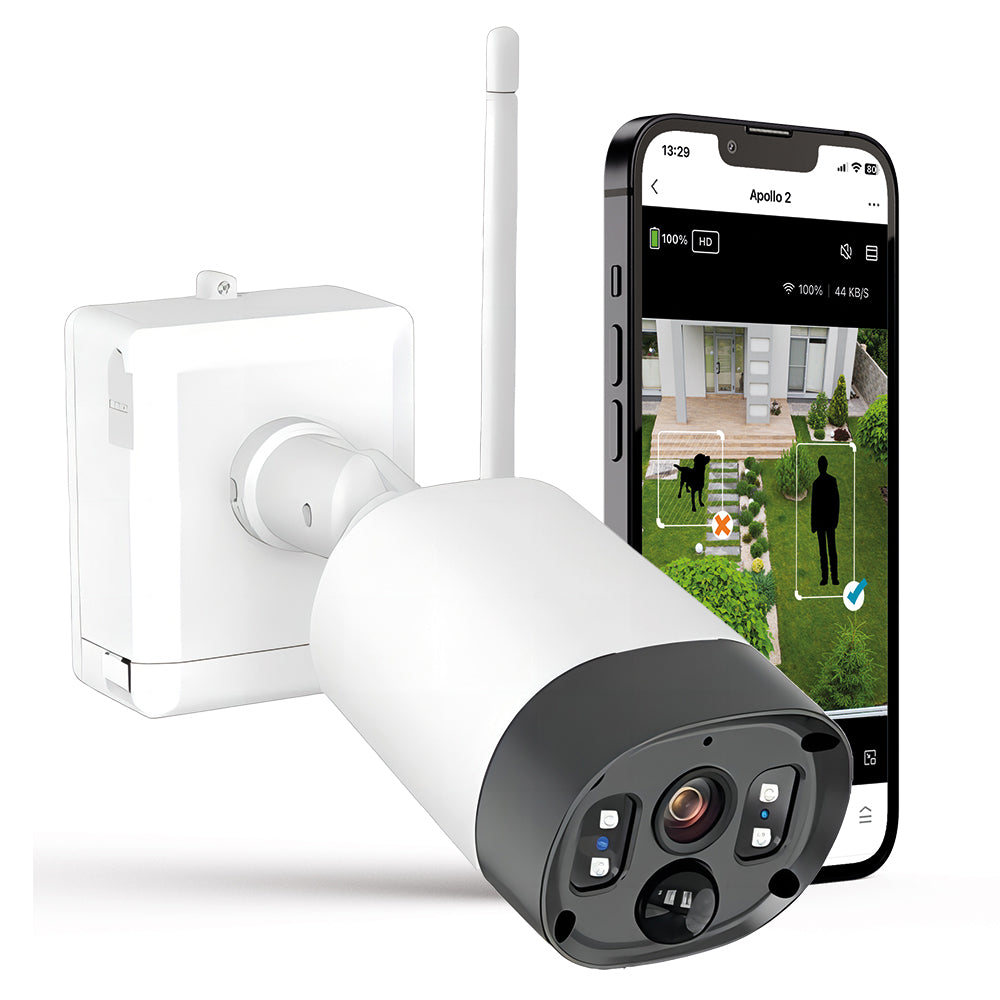
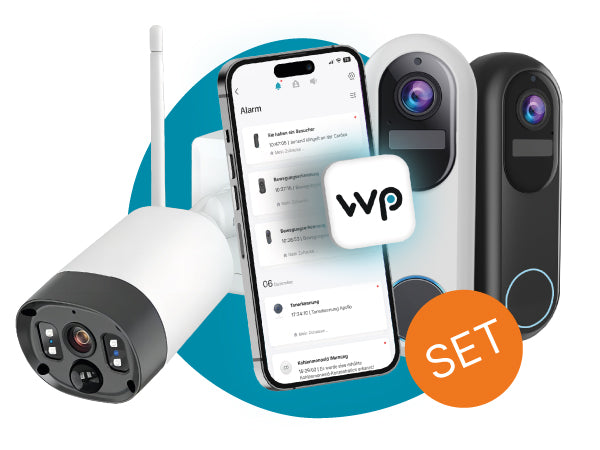
Leave a comment
This site is protected by hCaptcha and the hCaptcha Privacy Policy and Terms of Service apply.